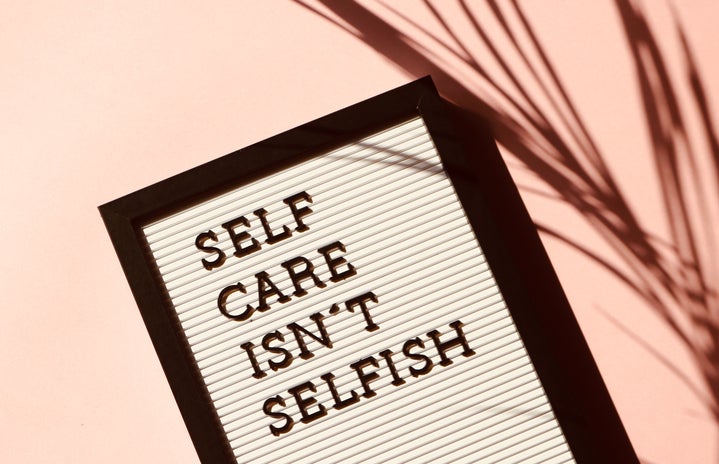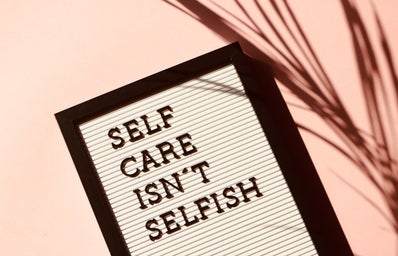No. Two letters. One syllable.
Saying “no” is one of the most difficult things to do, and I can personally confirm this. There have been too many instances where, somewhere along the way from my head to my mouth, my response changes, and I hear myself saying “yes” when all I really want to say is “no”.
Maybe it’s because you’re scared that you’ll end up offending someone. Maybe you’re worried about jeopardizing your relationship with someone. Maybe it’s because you’re too embarrassed. Maybe it’s because you know you’ll end up feeling guilty.
Whatever be the reason, you’re now awkwardly stuck in a position that you don’t want to be in. It’s certain instances that I’ve been caught in more often than I’d like to admit, which led me to wonder, which is more uncomfortable? Saying no, or ending up in a predicament that could very well be avoided?
And that’s when I drew up a little guide for myself – a guide to saying no as politely as possible, being able to preserve the other person’s feelings as well as my own mental health.
- Be precise: When you’re saying no, be honest and get to the point. When you try to cushion the “no” by dragging out the conversation, by using euphemisms, by dropping hints, you leave a lot of room for misunderstanding. Phrase your rejection politely, but make sure it gets the message across very clearly. Some of my favourites include “I’m sorry but I’m not in a position to do this right now” or “Than you for thinking of me. Unfortunately, I don’t think this is something I can commit to”.
- Be honest: Initially, I convinced myself that if I came up with a good enough excuse, I could save myself the discomfort. Spoiler: I could’ve not been more wrong. I’d make an excuse, which in my head sounded acceptable, to complement my rejection. However, the other person would suggest an alternative, a solution, and I’d have to come up with another excuse to wriggle my way out of the new predicament I found myself in, until it turned into this messy back and forth, where the other would offer an alternative, and I’d serve back a flimsy excuse. Be as honest as you can. Especially when it’s with people you already have a good relationship with.
- Offer a suggestion: You could possibly balance out your rejection with an alternative. While you may not be able to take up a task or offer, you may have an alternative in mind that could help the person. To be fair, this isn’t really necessary, but it does help ease the guilt a bit.
- Power through: Saying “no” is an uncomfortable experience, and there’s no denying it. Regardless, power through that sense of discomfort, and stand your ground. Don’t allow yourself to cave in half way through. You’ll thank yourself for it later.
This is a tiny list, hardly complete, and not always easy to follow through with, and as I live through different experiences and situations, I add to this list. As with everything, practice makes perfect, and every time you take that leap of courage and decide to say no, you take one step closer to being able to let go of that feeling of guilt or shame that accompanies the experience.
Remember, “no” is a complete sentence in itself. Set your boundaries, know what you can and cannot take on, what you can and cannot accept. You don’t owe anything to anyone except yourself. Look out for yourself, for your mental peace and well-being.


